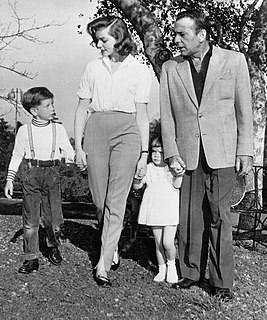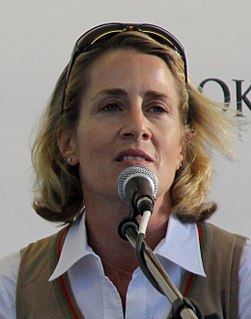A Quote by Stephen Humphrey Bogart
My father mainly liked writers. His friends were writers. He wanted to find the writing. That was his main frustration I think.
Related Quotes
For me writing is a long, hard, painful process, but it is addictive, a pleasure that I seek out actively. My advice to young writers is this: Read a lot. Read to find out what past writers have done. Then write about what you know. Write about your school, your class, about your teachers, your family. That's what I did. Each writer must find his or her own kind of voice. Finally, you have to keep on writing.






































